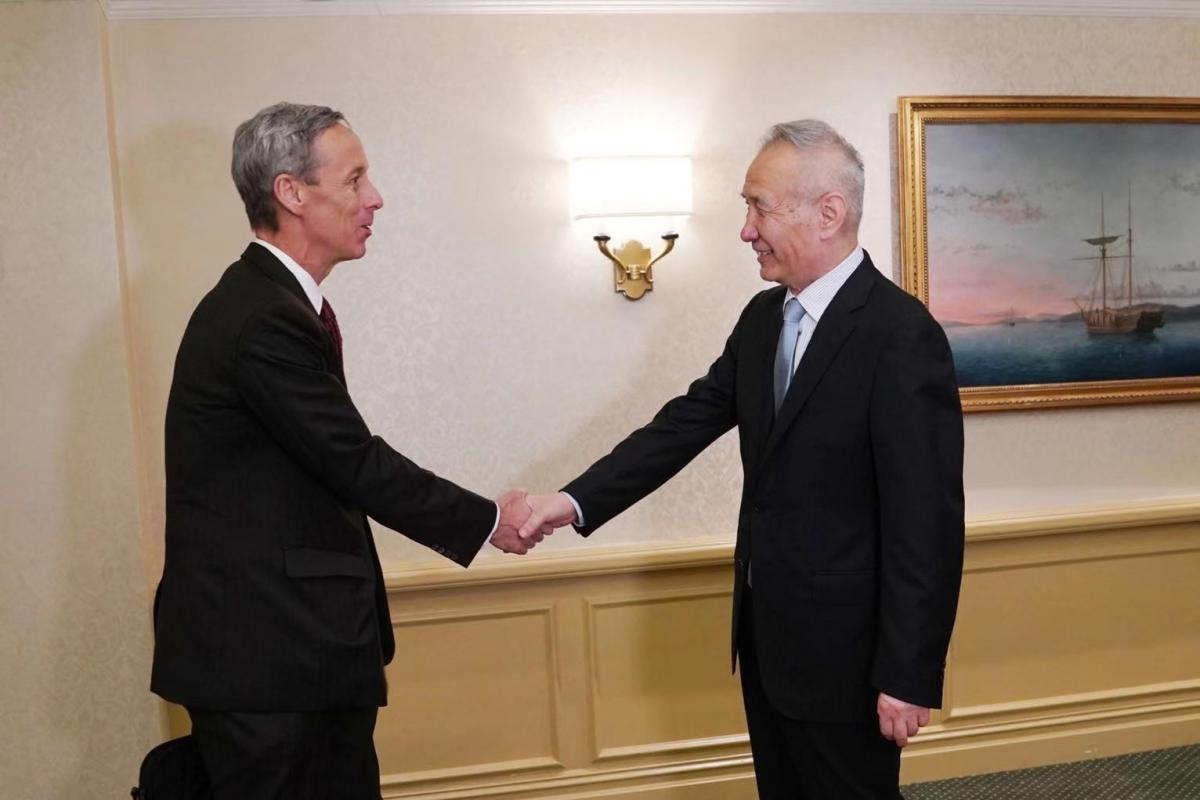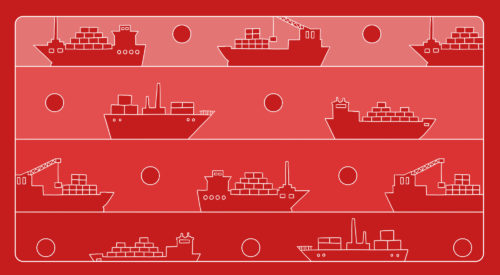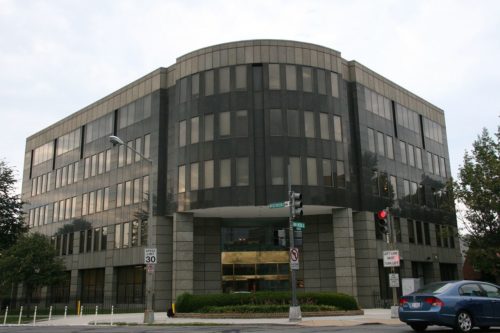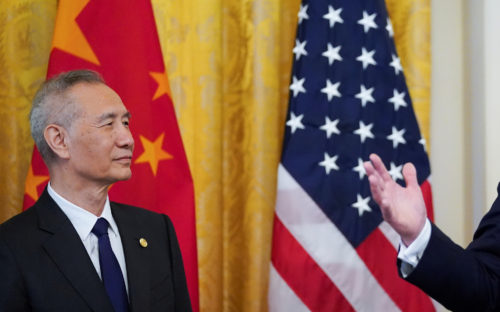U.S.-China trade talks not canceled yet

In Washington, D.C., on Wednesday, Chinese vice premier and chief trade negotiator Liú Hè 刘鹤 met Craig Allen of the United States-China Business Council and Myron Brilliant of the U.S. Chamber of Commerce. He made the following remarks, per Xinhua:
Liu said the Chinese delegation, which came to the negotiations with utmost sincerity, is willing to carry out serious dialogue with the U.S. side on issues of mutual concern, including trade balance, market access and investor protection, and push forward the negotiations to achieve positive progress.
This morning, Donald Trump tweeted:
Big day of negotiations with China. They want to make a deal, but do I? I meet with the Vice Premier tomorrow at The White House.
— Donald J. Trump (@realDonaldTrump) October 10, 2019
Yesterday, Liu and entourage talked to their U.S. counterparts in preparation. Bloomberg says that the discussions began at 9 a.m. and “extended into the afternoon.” No one expects much more than a modest deal — perhaps some agricultural purchases in exchange for some tariff relief. Nonetheless, the U.S. stock market jumped higher, reports CNN.
Other tidbits of information about the talks:
“A previously agreed currency pact [could be] part of an early harvest deal that could also see a tariff increase next week suspended, according to people familiar with the discussions,” reports Bloomberg. Bloomberg also says that China plans to ask the U.S. to lift sanctions on its biggest shipping company, COSCO, “which the U.S. accuses of knowingly violating restrictions on carrying Iranian petroleum.”
“Trump administration officials are weighing a range of options that could inflict additional economic pain on China as the United States continues looking for ways to force Beijing to change longstanding practices that have put American companies at a disadvantage,” says the New York Times.
The ideas under consideration would move the White House’s negotiating tool of choice beyond tariffs toward limiting China’s access to American capital markets and imposing greater scrutiny on its companies, according to people familiar with the discussions.






